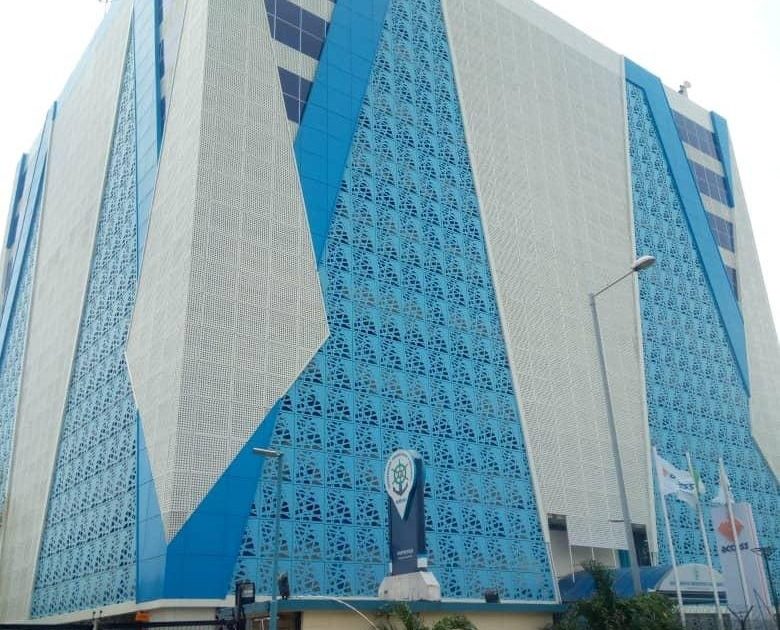The Nigerian Maritime Administration and Safety Agency (NIMASA) has embarked on a comprehensive review of sixteen proposed amendments to the Maritime Labour Convention (MLC) 2006, a crucial international instrument often hailed as the “Seafarers’ Bill of Rights.” This undertaking underscores Nigeria’s commitment to enhancing seafarers’ welfare, promoting fair competition in the maritime industry, and solidifying its position as a leading maritime nation. The review process involves a collaborative effort between government bodies, employers’ organizations, seafarers’ unions, and international maritime partners, creating a tripartite platform for constructive dialogue and consensus-building.
The MLC 2006 serves as a cornerstone of international maritime law, establishing a comprehensive framework for ensuring decent working conditions for seafarers while simultaneously fostering fair competition within the maritime industry. The proposed amendments reflect the dynamic nature of the maritime sector, addressing emerging challenges and opportunities presented by technological advancements, environmental concerns, and the evolving needs of seafarers. NIMASA’s proactive approach to reviewing these amendments demonstrates its commitment to keeping pace with global best practices and ensuring that Nigeria’s maritime regulatory framework remains relevant and effective.
Dr. Dayo Mobereola, the Director-General of NIMASA, emphasized the significance of these amendments, stating that they aim to align Nigeria’s maritime regulations with international best practices, promoting fairness, inclusivity, and sustainability. He highlighted the agency’s commitment to fostering a collective effort towards the sustainability of the maritime sector and the protection of seafarers’ rights. This collaborative approach underscores the importance of a multi-stakeholder dialogue in addressing the complex issues facing the maritime industry and achieving mutually beneficial outcomes.
The tripartite technical sessions, which brought together key stakeholders, serve as a critical platform for assessing the impact of the proposed amendments. They focus on a wide range of issues, including the integration of new technologies, environmental considerations, and the evolving needs of seafarers. These discussions aim to improve working conditions in the maritime sector while simultaneously promoting industry growth and ensuring its long-term viability. The sessions provide a valuable opportunity for stakeholders to share their expertise, perspectives, and concerns, leading to well-informed decisions that benefit all parties involved.
The International Labour Organization (ILO) plays a crucial role in this review process, providing expert guidance and support. Dr. Amos Kuje, the ILO’s regional advisor and MLC 2006 expert, emphasized Nigeria’s strategic importance in the African maritime landscape, urging the country to maintain its leadership role, particularly in light of its candidacy for the Category C seat at the upcoming International Maritime Organization (IMO) elections. He stressed that Nigeria has the potential to win the elections and highlighted the importance of guaranteeing seafarers’ welfare, emphasizing the need for practical implementation of the principles enshrined in the MLC 2006.
The review of the MLC 2006 amendments is a crucial step towards ensuring a sustainable and equitable maritime industry in Nigeria. By actively engaging with stakeholders and incorporating international best practices, NIMASA is demonstrating its commitment to promoting decent work for seafarers, fostering a fair business environment, and strengthening Nigeria’s position as a leading maritime nation. The outcomes of these deliberations will significantly impact the future of the Nigerian maritime sector, shaping a more competitive, resilient, and equitable industry that benefits all participants. The collaborative approach adopted by NIMASA ensures that the voices of all stakeholders are heard and considered, leading to a stronger, more inclusive maritime sector in Nigeria.


